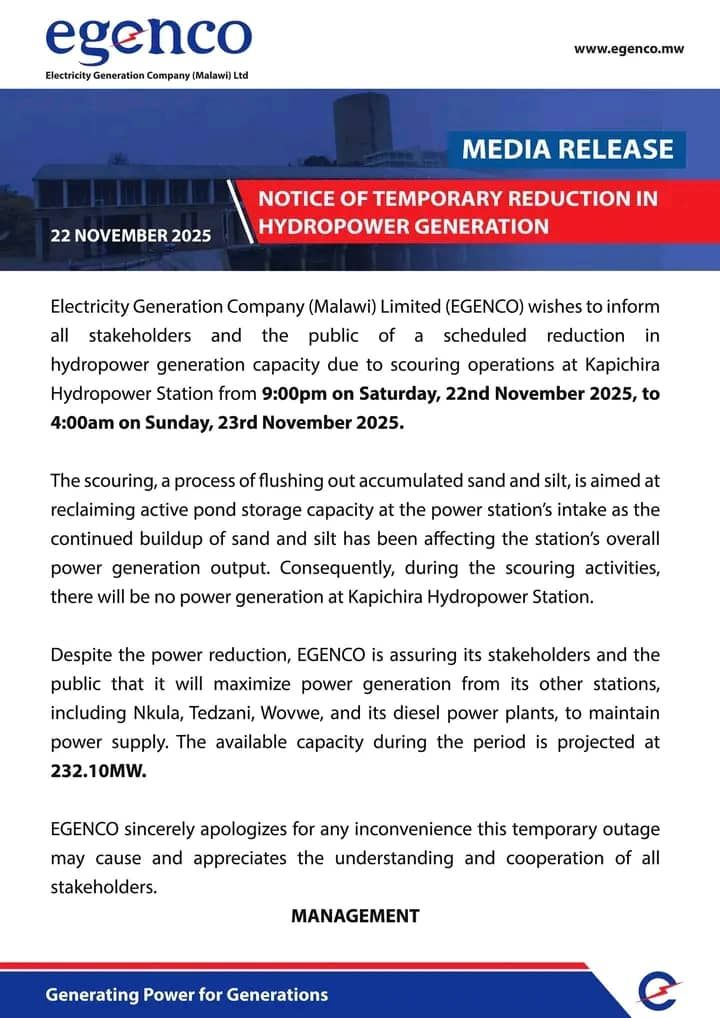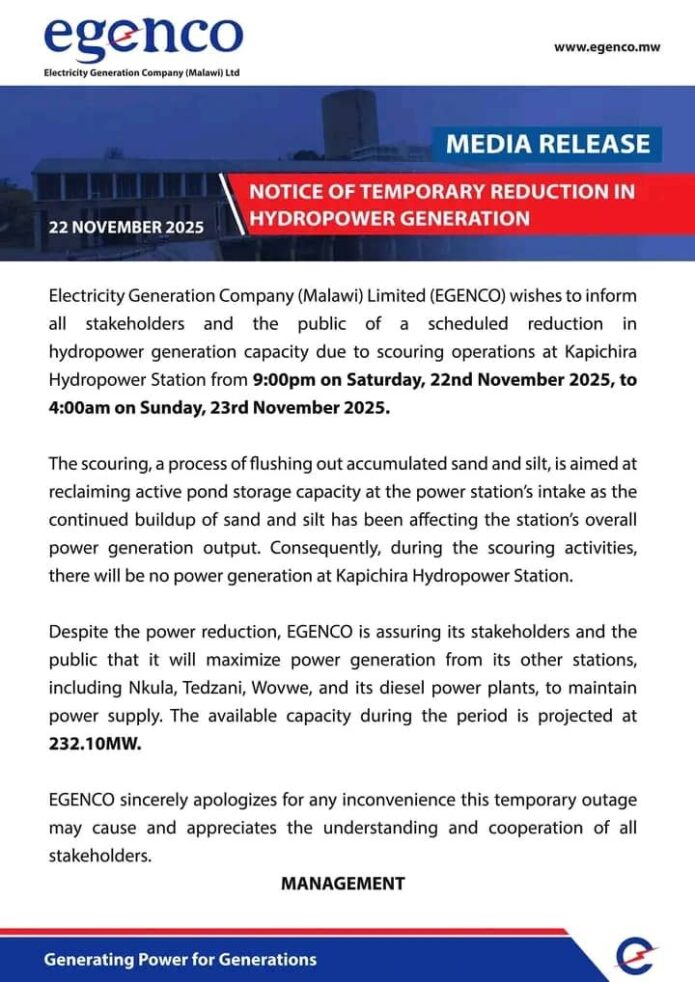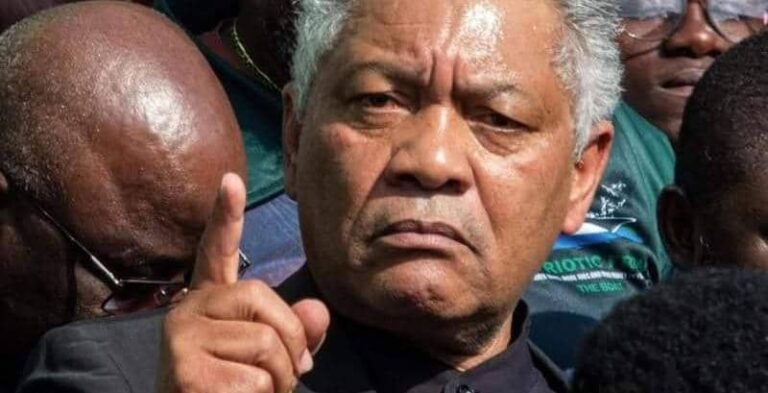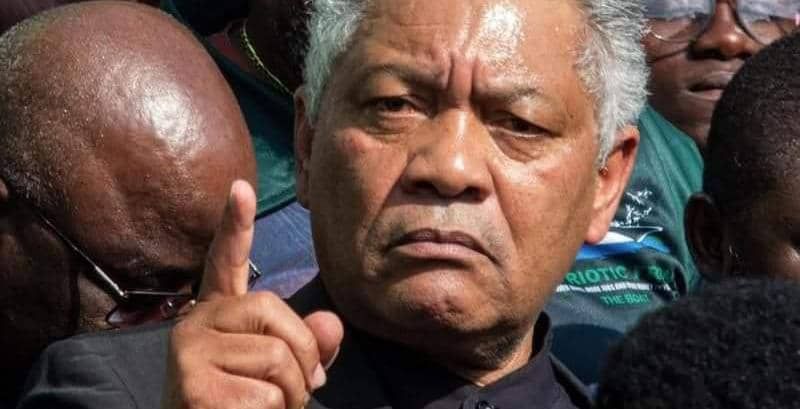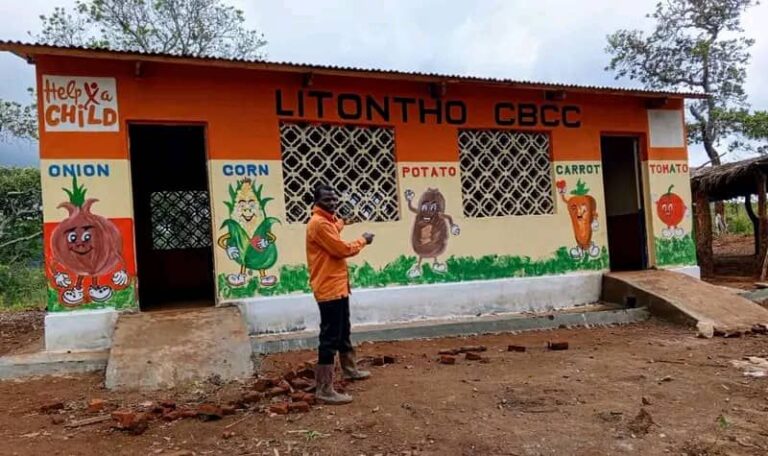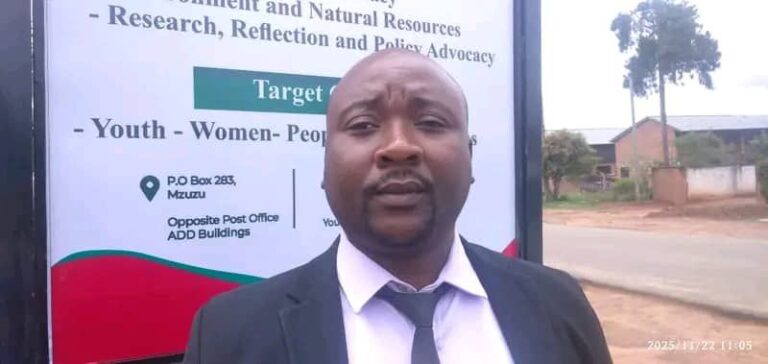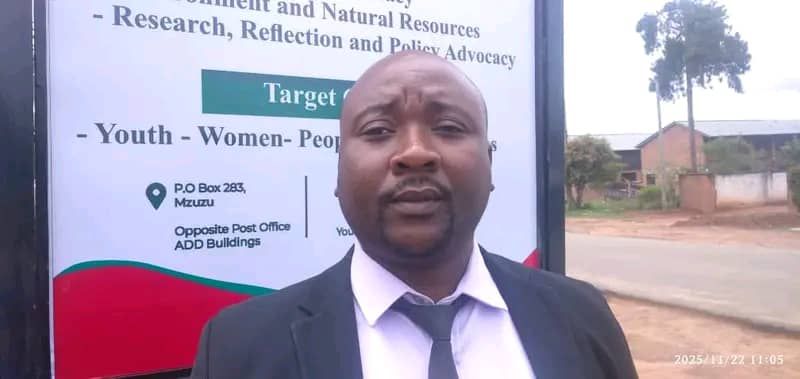By Burnett Munthali
Saudi Arabia has officially arrived in South Africa to participate in the ongoing G20 Summit.
The delegation landed in Johannesburg amid heightened security and extensive media coverage.
Leaders and representatives from the world’s major economies are gathering to discuss pressing global issues, including economic recovery, climate change, and international trade.
Saudi officials are expected to engage in bilateral and multilateral meetings during the summit.

The arrival underscores Saudi Arabia’s commitment to playing an active role in shaping global economic and political policies.
Observers note that the G20 Summit provides a crucial platform for dialogue and cooperation among the world’s largest economies.
Saudi Arabia’s participation will focus on key priorities, including energy, investment, and sustainable development.
The summit also presents opportunities for the Kingdom to strengthen ties with African nations and other international partners.
With discussions scheduled over several days, attention will be on the outcomes that could influence both regional and global economic strategies.
The arrival of the Saudi delegation marks the beginning of a series of high-level engagements aimed at promoting collaboration and addressing shared challenges among G20 members.



